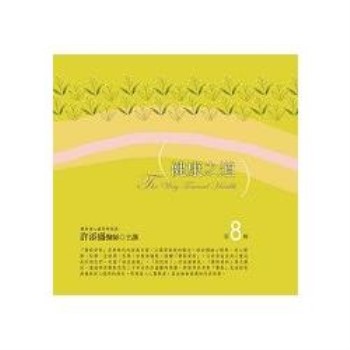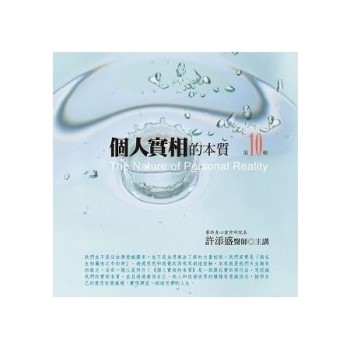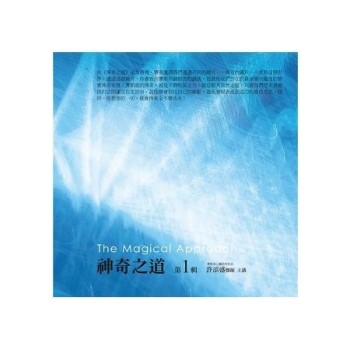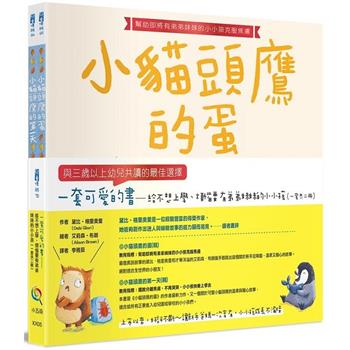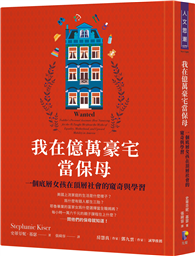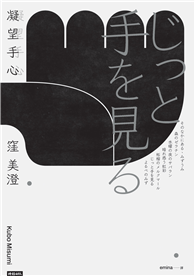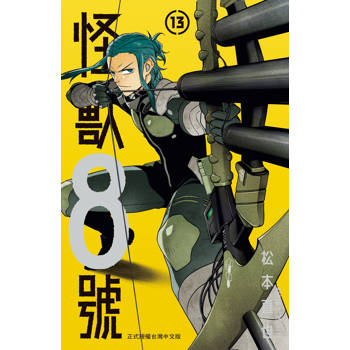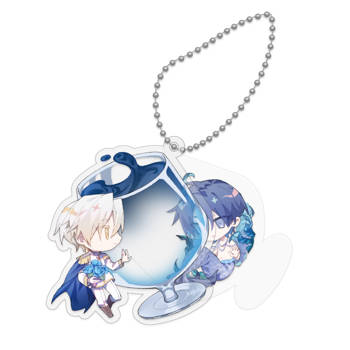This book explores the development of Sinhala stylistic drama from its earliest manifestations to the post-independence era.
Bulathsinghala examines the impact of indigenous and imported folk theatrical forms on the work of the most significant postcolonial stylistic dramatists and on key plays that they produced. In the process, the book explores a number of myths and misunderstandings regarding Sri Lanka’s folk heritage and seeks to establish more reliable information on the principal indigenous Sri Lankan folk dramatic forms and their characteristics. At the same time, by drawing connections between folk drama and the post-independence stylistic theatrical movement, the author demonstrates the essential role of the former in Sinhala culture prior to the advent of Western and other influences and shows how both continue to inflect Sri Lankan drama today.
This book will help to open the field of South Asian drama studies to an audience consisting not only of scholars and students but also of general readers who are interested in the fields of drama and theatre and Asian studies.

 看圖書介紹
看圖書介紹